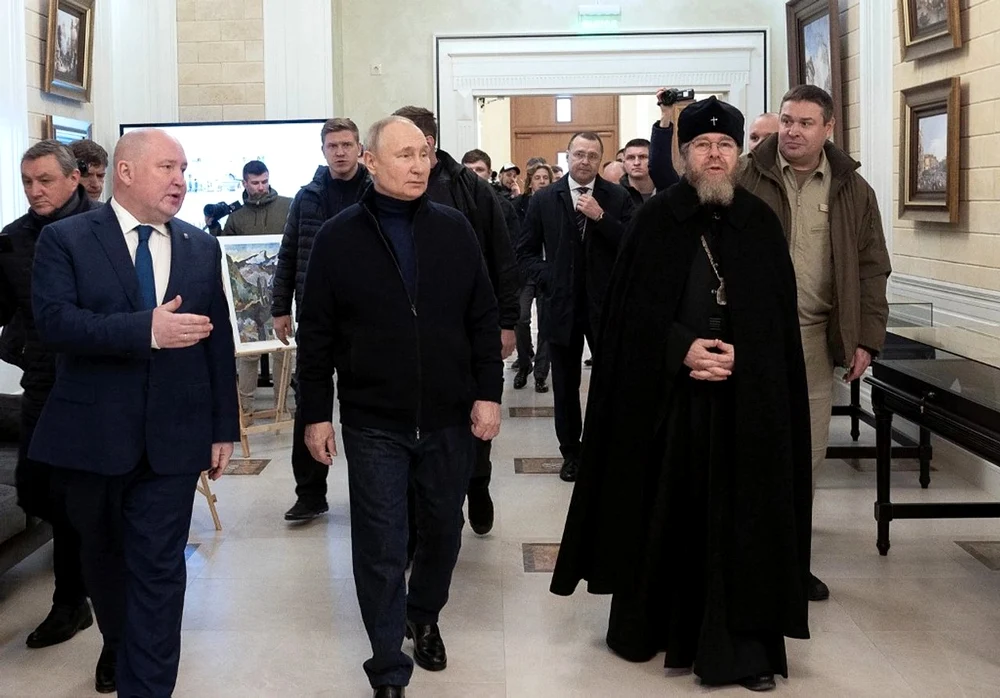Just a few hours before the commemorative ceremony for American activist Charlie Kirk, one of Russia’s most influential clerics published a laudatory text with evident political connotations.
On the websites Pravoslavie.ru and OrthoChristian.com, an article signed by Metropolitan Tihon Shevkunov, often considered the closest spiritual advisor to President Vladimir Putin, appeared. The publication of the text exactly on the day of the ceremony in Glendale, Arizona, was not accidental. The message, immediately promoted by Kirill Dmitriev, the director of the Russian Direct Investment Fund, betrayed a clear intention: the glorification of Kirk and the use of his symbol for geopolitical purposes, writes The Moscow Times.
A cleric with political influence
Metropolitan Tihon is not an ordinary prelate. Former abbot of the Sretensky Monastery in Moscow and author of the bestseller “Saints in Everyday Life”, he has long been considered one of Putin’s spiritual advisors. His appointment, in 2018, as metropolitan of Crimea — a territory annexed by Russia — highlighted the political dimension of his role.
Tihon has consistently supported the idea that Russian Orthodoxy represents the spiritual foundation of Russian statehood, which makes his admiration for an American Protestant activist all the more surprising.
Connections with the political world in Washington
The promotion of the text by Kirill Dmitriev suggests that it is not just about theological reflection. As the director of the RDIF, Dmitriev has played a discreet but essential role in cultivating relations with the business environment and American political circles. During the Trump administration, he would have acted as an informal channel between Moscow and the White House insiders.
Through his involvement, Metropolitan Tihon’s essay takes on the dimension of a strategy of rapprochement with American conservatives, rather than a simple religious meditation.
A transnational conservative alliance
The change in tone is significant. Russian clerics who for decades denounced the “decadence of the West” are now discovering “kindred spirits” among American Christian activists.
Tihon writes enthusiastically: “Many, shocked and saddened by his death, have discovered in him a kindred soul.”
Supporters of the Metropolitan see in this gesture an ecumenical opening. Critics, however, note the irony: the same hierarchy that once condemned America’s media and individualistic Christianity now raises a Protestant activist as a model for Orthodox youth.
This redefinition of religious discourse marks a profound change: The Russian Orthodox Church seems willing to build bridges with Western conservative movements, uniting forces against global liberalism.
Details, HERE

